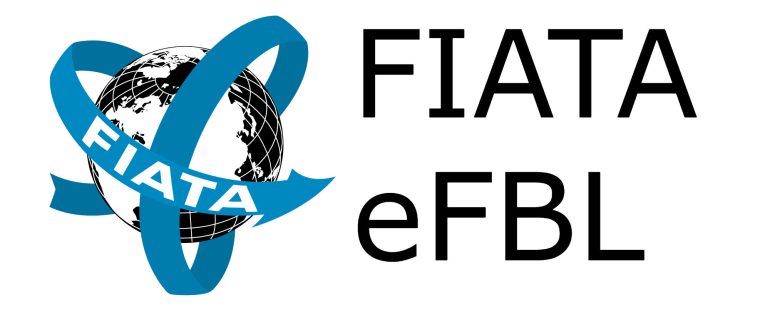
FIATA: The International Federation of Freight Forwarders Associations
Introduction
FIATA, the International Federation of Freight Forwarders Associations, is a global organization established in 1926 that represents the freight forwarding and logistics industry. Headquartered in Zurich, Switzerland, FIATA plays a pivotal role in advocating for the interests of freight forwarders, enhancing international trade, and facilitating the smooth functioning of logistics operations worldwide. With a membership comprising over 100 national associations from various countries, FIATA connects over 40,000 companies involved in freight forwarding and logistics services globally.
Historical Context
Founded after World War I, FIATA emerged in response to the need for improved coordination and communication within the freight transport industry. Over the decades, it has grown in size, scope, and influence, becoming a recognized authority on freight forwarding and logistics. The organization has contributed to the development of international regulations and conventions related to the movement of goods, such as the United Nations Convention on Contracts for the International Sale of Goods (CISG) and the International Chamber of Commerce (ICC) rules on transport.
Objectives of FIATA
FIATA’s primary objectives include:
- Advocacy: Representing the interests of freight forwarders and logistics providers at international forums, including the United Nations, the World Trade Organization (WTO), and other key organizations.
- Standardization: Promoting standardized practices within the industry to enhance efficiency and reduce barriers to trade. This includes the development of standardized documentation, processes, and contract terms.
- Education and Training: Offering educational programs and resources for freight forwarders to improve their skills, knowledge, and professionalism. FIATA has also established an accredited training program that is recognized internationally.
- Networking: Providing a platform for members to connect, share knowledge, and form partnerships. FIATA organizes various events, conferences, and meetings that bring industry professionals together.
- Information Sharing: Disseminating information, guidelines, and best practices related to freight forwarding and logistics, including updates on regulations, market trends, and technological advancements.
Structure of FIATA
FIATA’s organizational structure includes:
- General Assembly: The supreme decision-making body, consisting of representatives from member associations. The Assembly meets annually to discuss policies, approve budgets, and elect the governing bodies.
- Presidium: Elected from the General Assembly, the Presidium oversees FIATA’s strategic direction and administrative functions.
- Working Groups: These specialized groups focus on various areas of freight forwarding, such as multimodal transport, air cargo, and customs and regulations. They contribute to developing industry guidelines and best practices.
- Regional Associations: FIATA also collaborates with regional associations, which address specific regional challenges and promote local policies that align with FIATA’s objectives.
Membership Benefits
FIATA membership provides numerous benefits for freight forwarding companies and national associations, including:
- Access to a global network of freight forwarders and logistics professionals, facilitating collaboration and partnership opportunities.
- Participation in training and educational programs that enhance professional development and industry knowledge.
- Representation in international regulatory discussions, ensuring that members’ voices are heard on key issues affecting the industry.
- Access to a wealth of resources, including publications, guidelines, and research reports that offer insights into market trends and best practices.
- Opportunities to be involved in the development of international standards and practices that shape the future of logistics and supply chain management.
Challenges Facing the Freight Forwarding Industry
The freight forwarding industry faces several challenges, including:
- Regulatory Changes: Adapting to new regulations and compliance requirements can be daunting for freight forwarders, particularly those operating internationally.
- Technological Disruption: The rise of digital platforms, automation, and artificial intelligence is transforming logistics operations. While this presents opportunities, it also requires companies to adapt quickly to remain competitive.
- Sustainability: Increasing pressure to adopt sustainable practices and reduce carbon emissions necessitates innovation and investment in greener logistics solutions.
- Global Supply Chain Disruptions: Events such as pandemics, geopolitical tensions, and natural disasters can disrupt supply chains, making it essential for freight forwarders to develop resilience and agility in their operations.
Conclusion
FIATA stands as a cornerstone of the international freight forwarding industry, promoting the interests of its members while enhancing the overall efficiency and integrity of global trade. Through advocacy, education, standardization, and network-building, FIATA has positioned itself as a vital partner for freight forwarders navigating the complexities of logistics and international transport. As the industry evolves amidst challenges and opportunities, FIATA remains committed to supporting its members and the global logistics community in adapting to changing dynamics and seizing new opportunities for growth and collaboration.

Comments (No Responses )
No comments yet.